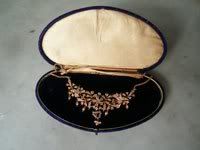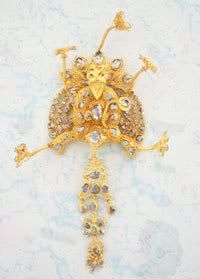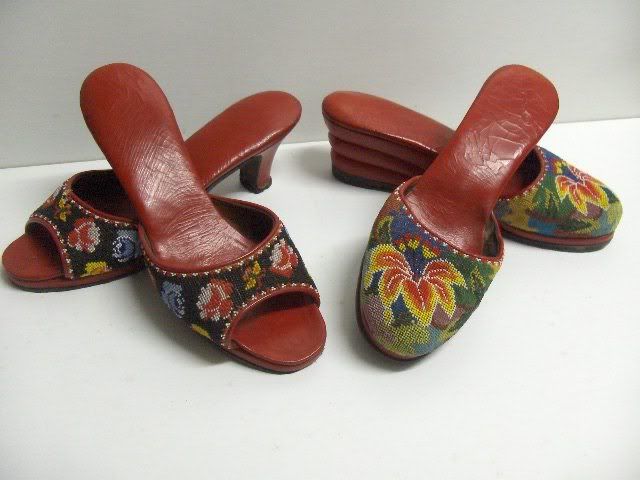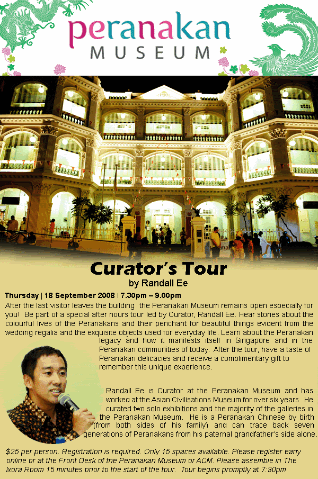If you have no idea what the Peranakan culture is, then maybe you should catch a glimpse of Sayang Sayang.
Yes, Sayang Sayang is actually a show entirely about the true Peranakan culture.
Well, I don't know why, but the entire culture actually is rather fascinating to me.
From the origins of Peranakans - The Babas and Nonyas

(Taken from wikipedia.org)
Peranakan, Baba-Nyonya (峇峇娘惹; Hokkien: Bā-bā Niû-liá) and Straits Chinese (土生華人; named after the Straits Settlements) are terms used for the descendants of the very early Chinese immigrants to the Nusantara region, including both the British Straits Settlements of Malaya and the Dutch-controlled island of Java among other places, who have partially adopted Malay customs in an effort (chronological adaptation) to be assimilated into the local communities.
The word Peranakan is also used to describe Chinese Indonesians. In both Malay and Indonesian, 'Peranakan' means 'descendants'. Babas refer to the male descendants and the Nyonyas the female. The word nyonya (also commonly spelled nonya) may originate from the Portuguese word dona, which means 'lady'.
To their unique language
The language of the Peranakans, Baba Malay (Bahasa Melayu Baba) , is a dialect of the Malay language (Bahasa Melayu), which contains many Hokkien words. It is a dying language, and its contemporary use is mainly limited to members of the older generation; this is indicative also of the Peranakan culture at large.
To the traditional beautiful marriages

To the beautiful clothing, like the Kebayas , and the precious jewelleries



Peranakans are very talented and dedicated. For example, the beaded shoes they make are all done by hand, with each bead painstakingly but beautifully threaded to the shoe, bit by bit.

To the strict etiquette and delicious cuisines

Till now my mother uses the "Anak lesong" rather than the blender to blender her spices.
And lastly, to the whole religion itself.

If you're just as interested as me, and want to find out more about Peranakans, you can actually visit the Peranakan museum in Singapore.


I think that modernisation has brought about extinction of beautiful cultures like this. I hope the Peranakan Museum can keep all the fond memories of the true Peranakan spirit, and influence the future generations into believing that not only the POP culture is "in". It is cultures like this, that makes us appreciate the beauty in things, as well as serve an eye-opener to youths, to appreciate the hard-work, determination and passion of our ancestors.

Credits : The Peranakan Museum, wikipedia.org, youtube, photobucket,mystory.heritagefest.org.sg
No comments:
Post a Comment